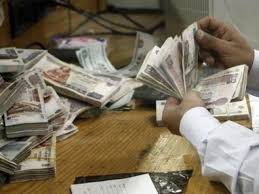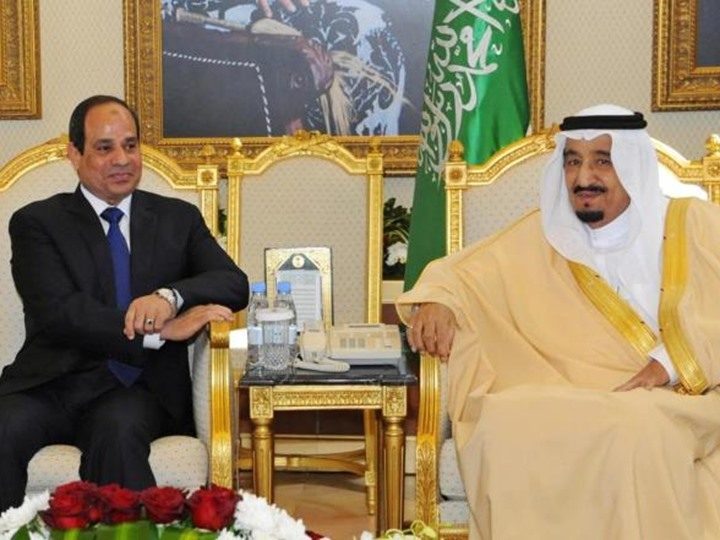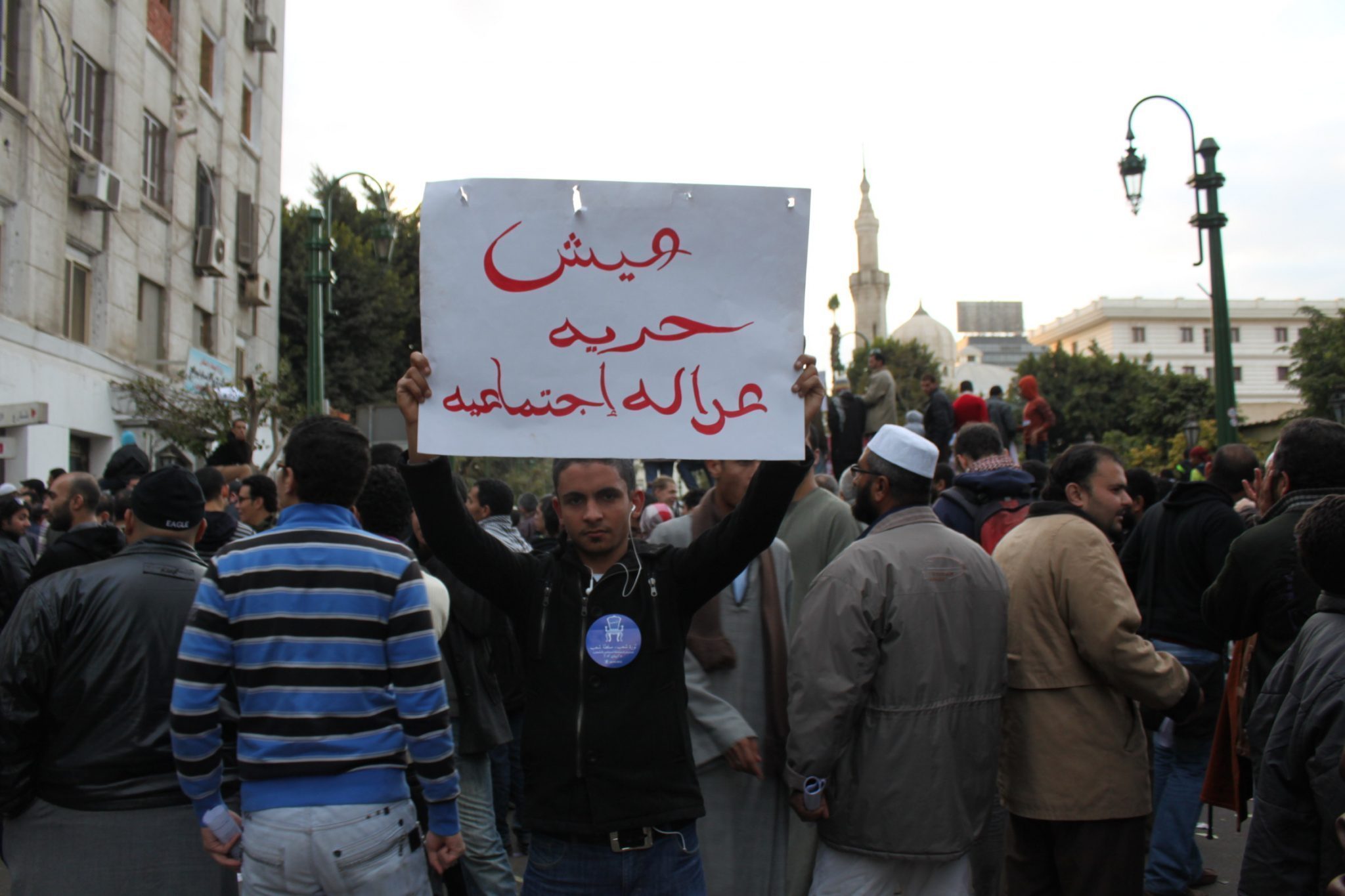
Experts believe that the recent suggestions issued in the Egyptian parliamant to draft a law to permanently close money exchange bureaus to resolve distortions in the exchange rate system might be harmful to the already staggering economy, reported Xinhua News Agency.
The government’s measures to contain the money exchange companies by closing them will further “deteriorate the Egyptian economy and increase a U.S. dollar crisis in Egypt.”
Ali Abdel Aal, the Egyptian Parliament Speaker, has described the exchange companies as a “cancer in the Egyptian economy,” urging for shutting them down.
This came in a session during which the parliament gave its final approval to amend the law of the Central Bank of Egypt (CBE) in order to increase penalties against companies that sell the U.S. dollar at prices higher than those of the CBE.
The Egyptian currency has been devalued by the CBE while the exchange rate of the U.S. dollar exceeded 13 Egyptian pounds on the black market for the first time in Egypt’s economic history.
The CBE has put the official value of the pound steady at 8.78 to the dollar in the official market to bridge the gap between official and black market rates. However, prices at the parallel market kept rising.
In this context, some economic experts undermined those policies effect as monitoring the black market dealers is a complex process.
Dr. Abdul Sattar al-Ashra, economic adviser to the Egyptian Commerce Chambers Union said, “Such policies will not solve the problem.
He added, “Monitoring black market dealers is much more complicated than observing an identified number of money exchange companies.”
Instead of permanently closing them, the government should take more punitive measures against companies that violate the law, according to Al-Ashra.
He stressed, “These companies have helped build the Egyptian economy for years and shutting them, especially who committed no violations, will negatively affect the already fragile economy of Egypt.”
Egypt, which relies heavily on imports to support its large population, has been suffering from a shortage of the U.S. currency due to the withdrawal in hard currency sources as tourism and foreign investors, due to political instability.
Over the past years, the country’s foreign currency reserves also declined from 36 billion U.S. dollars in early 2011 to 17.5 billion dollars as of the end of May 2016.
As a result, the CBE has closed 47 of 94 licensed currency exchange bureaus this year for violating regulations and selling the U.S. dollar at the price of the black market, in an attempt to fight the dollar price hike on the parallel market.
The government should force the use of official receipts stamped by money exchange companies for the sale and purchase of foreign currency. He added,”Then the government can confiscate any foreign currency that has no receipts… thus the government ensures that the sale occurs at the price of the CBE and that taxes are collected without evasion.”
However, he said, “its impact on the exchange rate will be limited,” as the loan will resolve only structural and financial imbalances. CBE Governor Tarek Amer announced that negotiations on a 12 billion U.S. dollars loan with the IMF have succeeded.
Amer added that the three-year loan will be part of a 21 billion U.S. dollar Egyptian economic program.



